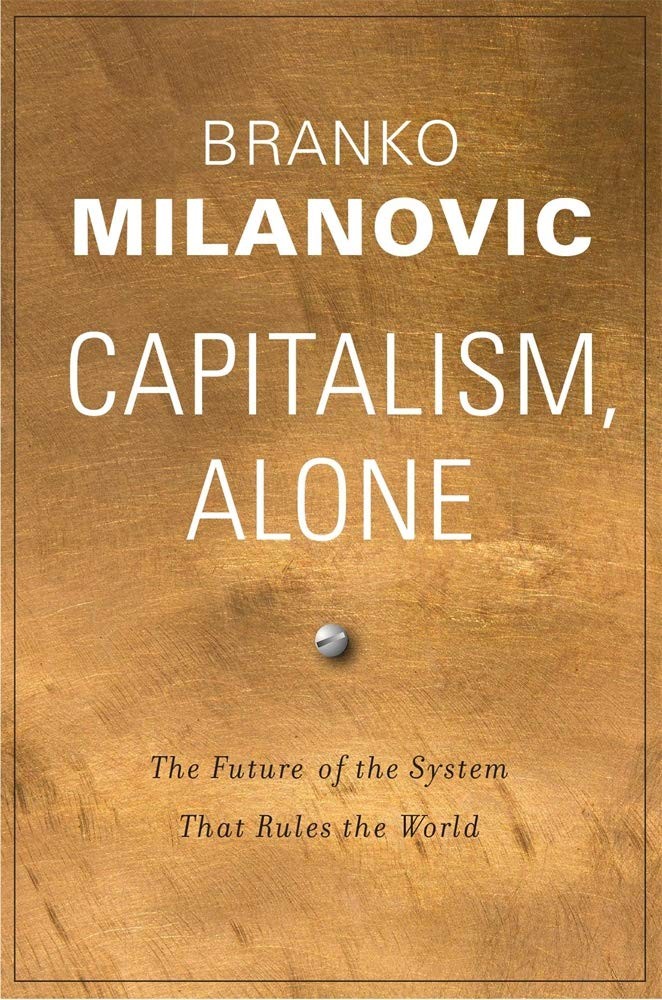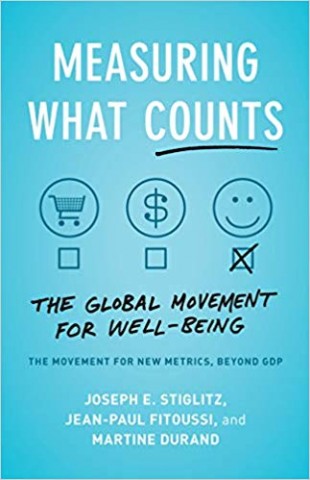In the realm of those interested in inequality, Milanovic and Piketty have been leading intellectual voices in the last decade. A few years ago I wrote about Milanovic's 2016 book on global inequality, this post covers his 2019 book Capitalism, Alone. In general, I think anyone interested in development economics should read this, and fortunately for the rest of us who are not specialists in development economics, this book is written for a broader audiences. A few notes:
"The uncontested dominion of the capitalist mode of production has its counterpart in the similarly uncontested ideological view that money-making not only is respectable but is the most important objective in people's lives, an incentive understood by people from all parts of the world and all classes." (p. 3).
"These gaps result in what I call "citizenship premium" and "citizenship penalty." Citizenship premium … refers to the boost in income one receives simply from being a citizen of a rich country, while citizenship penalty is the reduction in income from being a citizen of a poor country. The value of this premium (or penalty) may be up to five to one or ten to one, even after adjusting for the lower price levels in poorer countries." (p. 129)
"The same role that colonialism played then, more brutally, is played today by the International Monetary Fund (IMF), the Multilateral Investment Guarantee Agency, hundreds of bilateral investment treaties, and other global governance bodies: they are the guardians against nationalization and the abuse of foreign property. In that respect, globalization has created its own governance structure." (p. 148)
"The existence of the welfare state is not, in the longer run, compatible with full-scale globalization that includes the free movement of labor." (p. 156)
"By our long custom of "methodological nationalism," where we essentially study certain phenomena within the confines of a nation, we are led to the position that equality of opportunity seems to apply, and to be studied, only within the nation-state. Global inequality of opportunity is forgotten or ignored. This may have been, philosophically and practically, a reasonable position in the past, when knowledge differences among nations was vague and inequality of opportunity was not addressed even at home. But it may not be a reasonable position now." (p. 159)
"The truth is that we are willingly, even eagerly, participating in commodification because, through long socialization in capitalism, people have become capitalistic calculating machines. We have each become a small center of capitalist production, assigning implicit prices to our time, our emotions, and our family relations." (p. 195)




